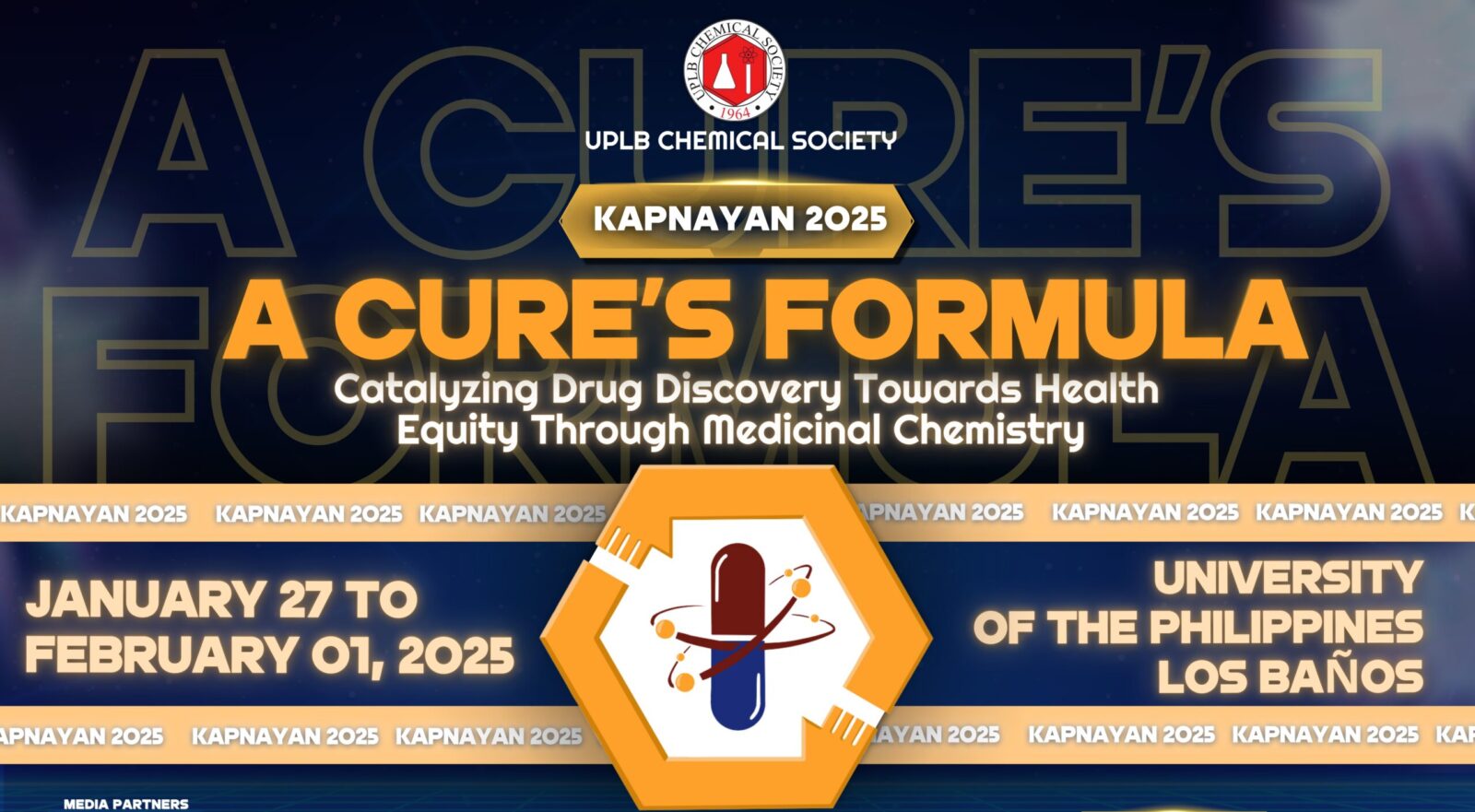
The term “nuclear” often brings to mind negative connotations such as disasters, wars, weapons of mass destruction, and hazardous waste. However, it’s crucial to shift this perception, as nuclear science also plays a vital role in advancing various societal sectors, including energy, medicine, agriculture, and the environment.
For nuclear experts in the Asia-Pacific region, the key is to start them young. This prompted the establishment of the International Nuclear Science Olympiad (INSO), a nuclear S&T competition aimed at promoting the peaceful applications of nuclear S&T.
After a series of rigorous examinations, 37 junior and senior secondary students reaped the fruits of their months-long preparation as they received their awards during the closing ceremony of the first-ever INSO on August 6, 2024, at the SMX Convention Center Clark in Pampanga.
Charged particles
Eight participants joined the first batch of INSO’s gold medalists. They were Caldras Tan Hong Xun, Caleb Chia, Tran Doan Duy Phuc, and Wong Kheng Hshin from Singapore; Mohammad Nur Casib and Neil Kyle Olaer Maniquis from the Philippines; M N Ahamed Mushab from Sri Lanka; and Nopparuj Sodsri from Thailand.
On the other hand, the 13 silver medalists include: Nonpawit Koheng, Rawisara Chokdeepanich, and Tharatep Lertpetaiy from Thailand; Isaac Toh Thiam Tek and Lim Yee Jian from Malaysia; Subhan Kashif and Suleman Nouman from Pakistan; Pabasara Kaushalya Maduwage and W. A. Akila Chamodya Bandara from Sri Lanka; Seyedabolfazl Mahdaei from Iran; Jeremiah E. Auza from the Philippines; Galvandi Ibrahim from Qatar; and Mohammed Akrikish from Saudi Arabia.
Finally, the 16 participants who earned bronze medals were: Ayda Bina, Seyed Mohammad Sajadiyan, and Shayan Rezazadeh from Iran; Arell Yazid Fazrin Bin Mohd Fauzi and Saratt Suthagar from Malaysia; Ehban Awan and Qasim Salam from Pakistan; Ganzorig Khuslen and Nyam-Ayush Tuvshin from Mongolia; Azzam Khalid Abdullah Alomari, Hala Salman Al Abbad, and Hasan Alawadh from Saudi Arabia; Hasan Aman from Bahrain; Omar Amjad Yousef Shbeita from Jordan; Aditya Vivek from Qatar; and Saayuj Ion Mathew from the United Arab Emirates (UAE).
Excited state
Tran Doan Duy Phuc from Singapore was recognized as the top scorer in the experimental exam, while Mohammad Nur Casib from the Philippines achieved the highest score in the theoretical exam. Casib also emerged as the highest scoring participant of the competition, which gave him the title of “Nuclear Science Ambassador.”
“I want to use this newfound voice, this newfound reason, in order to tell the world about the benefits of nuclear science — that indeed it could be a catalyst for change, a catalyst for hope, and for a brighter future, not just for any particular country or culture, but for all of humankind,” Casib said in an interview with the DOST-Science and Technology Information Institute.
The first-ever INSO, hosted by the Philippines with support from the International Atomic Energy Agency (IAEA), aimed to showcase the country’s commitment to advancing nuclear education and fostering international cooperation in the peaceful applications of nuclear S&T. A total of 55 delegates from 14 countries across the Asia-Pacific region took part in the event.
Through a turnover ceremony, Malaysia was designated as the next host country for the 2nd INSO.
Children of the atom
Beyond competing for awards and demonstrating their technical skills and knowledge, the INSO also promoted the essence of unity and camaraderie in the field of S&T among the participants.
“The event isn’t just a competition; a medal is important, but much more important are the friends, the connections, and the people you interacted with and lived with during the experience,” said Wong Kheng Hshin from Singapore.
In their messages, Dr. Maya Al Azri, Chair of the International Nuclear Science Olympiad organization, and Dr. Helena Zhivitskaya, Knowledge Management Specialist of IAEA, emphasized that the experiences and connections participants made are as valuable as the awards they received. These will be crucial for fostering long-lasting collaboration in future activities.
Offering his perspective, Dr. Carlo A. Arcilla, Director of DOST-PNRI and Chair of the 1st INSO Steering Committee, highlighted the importance of respecting cultural differences by illustrating how atoms, the basic components that make up all of us, unite us all.
“The atom has no gender. The atom has no nationality. The atom unites everything,” he said. “Let this be a perspective in dealing with the basis for respect for each other, for each other’s culture, for each other’s freedom.” —Rudy P. Parel, Jr. via DOST-STII/MF






